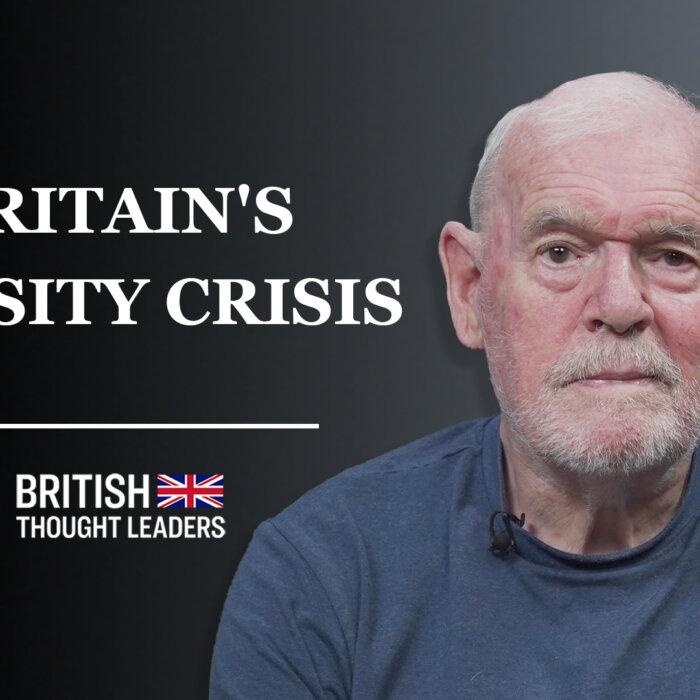Good mental health at the age of 11 is associated with increased odds of overweight and obesity reversal by the age of 17, a study has concluded.
Researchers analysed data from 4,556 children aged 11 and 3,791 14-year-olds and followed up on their progress at 17 years old. Those with better psychological wellbeing at 11—but not 14—were more associated with attaining a healthy body weight by 17.
The study said this suggests that late childhood and early adolescence—around the age of 11—“may be a sensitive period in which psychological wellbeing has a pronounced prospective relationship with body weight trajectories.”
Mental Health and Weight
The study said that poor psychological wellbeing is already associated with an increased risk of becoming overweight or developing obesity. Bearing an unhealthy weight is also associated with future detrimental health outcomes, including cardiovascular diseases, Type 2 diabetes, and some forms of cancer.The report found that poor mental health, low self-esteem, and depressive symptoms are more prevalent among children who are overweight or obese.
Researchers said that behavioural responses to these mental health problems—such as reduced physical activity and unhealthy eating habits—“may then contribute to the persistence of overweight and obesity” in children.
“In addition, exposure to negative psychosocial stressors (e.g., weight stigma) in children with overweight or obesity may increase cortisol secretion, which causes fat accumulation,” the report said.
Children Getting Heavier, Shorter
According to NHS England’s most recent data on obesity, in 2022, 29 percent of adults were living with obesity, and nearly two-thirds (64 percent) were overweight or living with obesity.Among children aged two to 15, the prevalence of obesity was 15 percent, with the proportion of children who were overweight or obese being 27 percent.
The report also found that on average, children in the UK have been getting shorter since 2013, after being on an upward trajectory since 2000. While acknowledging that ethnicity plays a role in height, the report says data suggest the decline is more down to dietary deficiencies than to shifting demographics.
The analysis showed that childhood obesity rocketed between 2019/2020 and 2020/2021—the COVID-19 pandemic years. Researchers put this down to the change in children’s activity and eating habits, with lockdown policies meaning that most children were being schooled from home and organised sports activities were unavailable.







